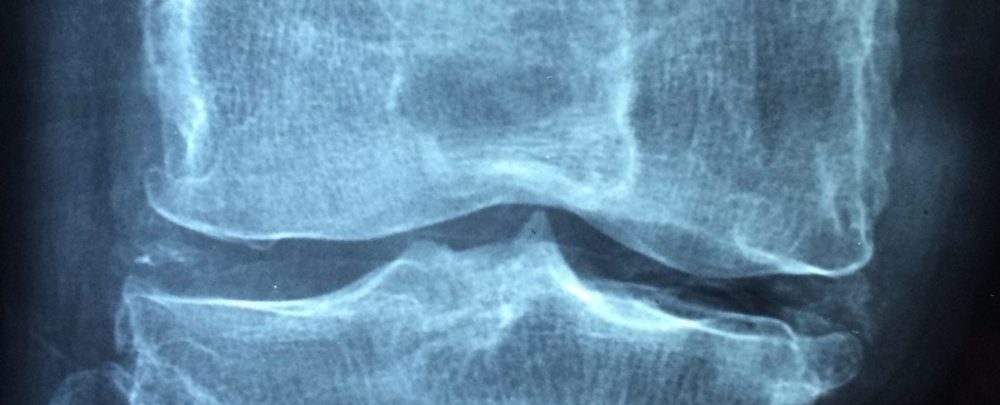Before using these treatments, we will evaluate if your nerves are causing your pain and if this type of treatment is necessary. If it is, we can use medial branch blocks and radiofrequency ablation (RFA) to treat spinal pain, as well as knee, hip, and shoulder pain.
Conditions Medial Branch Blocks and Radiofrequency Ablation (RFA) Can Treat
Medial branch blocks and radiofrequency ablation (RFA) can be used to treat spinal pain, as well as knee, hip, and shoulder pain.

How Medial Branch Blocks and RFA Works
Wear and tear commonly affects the facet joints of the spine – these are the connections between the bones of the back. These joints often become inflamed and enlarged with arthritis.
Nerves that provide pain signals from these inflamed joints can be targeted and disrupted by energy, a process called radiofrequency ablation (RFA). Before ablating nerves, we want to make sure these nerves are contributing to the patient’s pain. Insurance requires two medial test blocks to make sure these nerves are a problem before we can ablate them. The test blocks (medial branch blocks) and RFA are procedures that are well tolerated without sedation; although occasionally a patient may prefer sedation for the ablation (if this is the case, please let us know).
No steroid administered for this procedure. Please inform our team if you take a blood thinner or have an allergy to iodinated contrast. These procedures take about 30 minutes and there are no restrictions or recovery time after.
RFA is not permanent, but it should last 6 months to 1.5 years.
